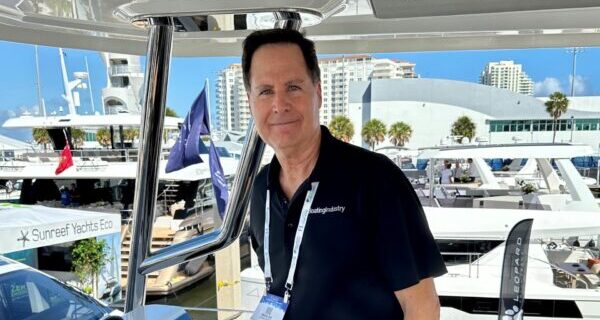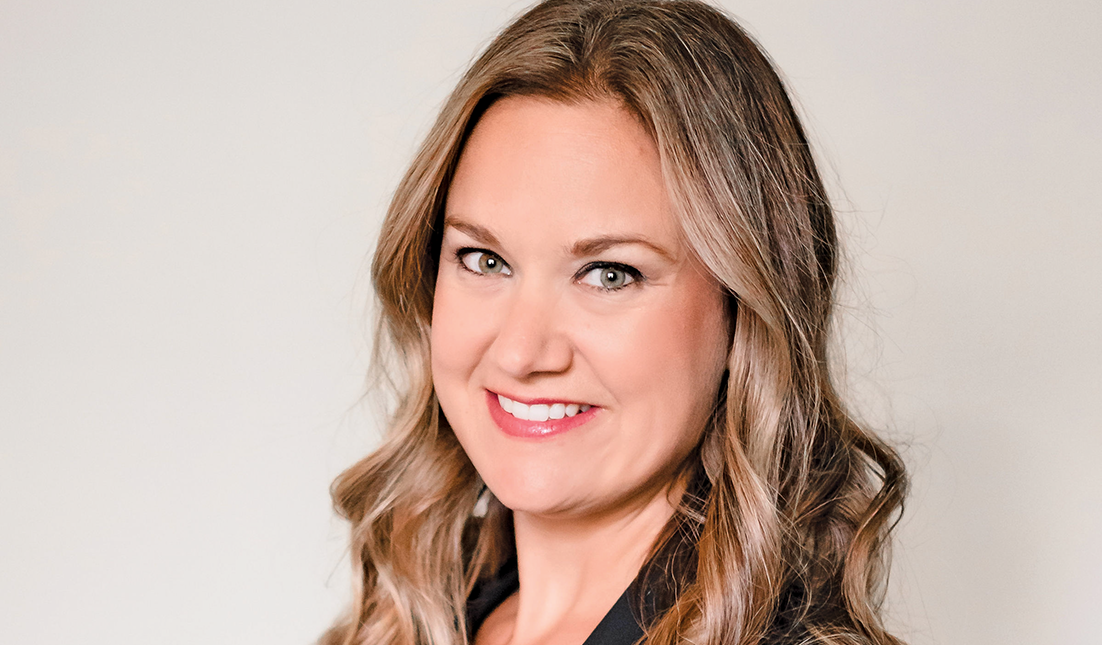Federal court tells EPA to toughen invasive species rules
We hear a lot about the role of recreational boaters in the spread of invasive species through our lakes and waterways, and while that can’t be ignored the bigger threat continues to be commercial shipping.
With their ballast tanks that can bring water from anywhere in the world and dump it here, it’s a prime cause of the spread of aquatic invaders.
Good news on that front, though, as yesterday, the United States Court of Appeals for the Second Circuit ruled that the Environmental Protection Agency needed to revisit its standards for the filtration of ballast water. The court said the EPA needs to reconsider the technology it mandates, exemptions included in the law and more.
The result should be tougher regulations that will help protect our waters from more aquatic invaders. This is one of those times when the environmental lobby and the recreational boating industry should be on the same side.
“This is a huge win for our environment, economy, fish, wildlife, communities and businesses,” Marc Smith, policy director for the National Wildlife Federation told The Hill. “The court, in no uncertain terms, has told the federal government that it needs to uphold its responsibility under the Clean Water Act to protect our drinking water, jobs and way of life.”





The pervasive, costly, and disruptive impact of zebra and quagga mussels alone should be enough of an issue steer more federal resources into prevention of spread and research into mitigation. But I think since the spread of many non native and invasive species is so gradual and the impacts in mostly narrow confines, it doesn’t generate a focused enough story to become lodged in the mind of the general public.
That said, one must always be aware of both overreaction and window dressing responses. I believe EPA and other federal agencies could follow such a route unless those who will become burdened with the compliance of any new regulations take an active role.
One such example of a participatory process was the AIS conference last year hosted by ABYC, US F&WS, and other sponsors. Continuation of collaborative efforts like this, with recreational boating as the focus, will help keep rec. boating from being the target of more federal regulation, and will most likely lead to ‘community’ based, effective practices.